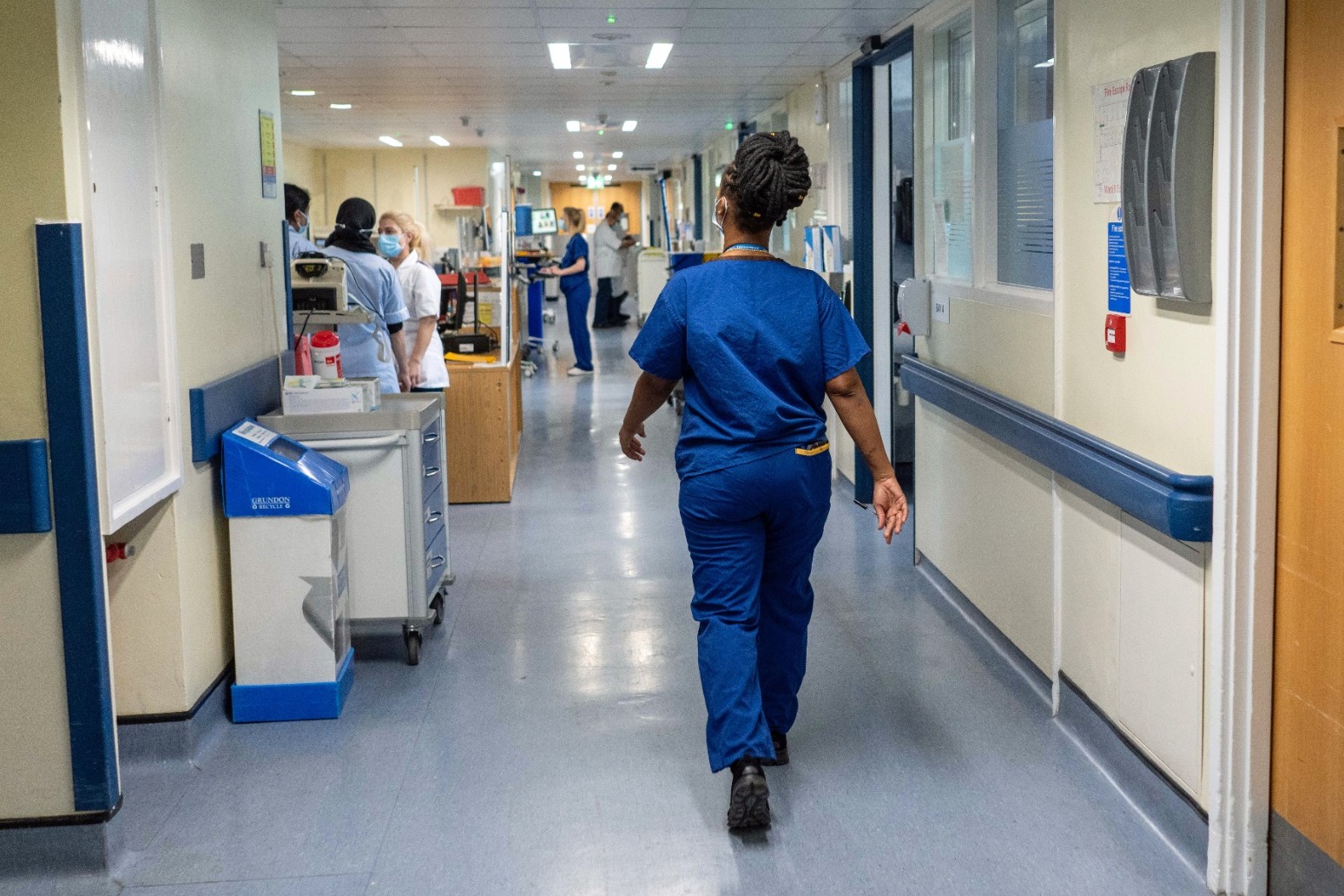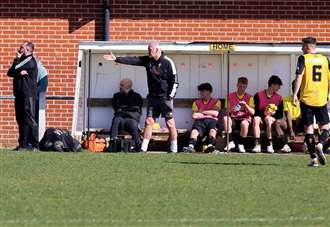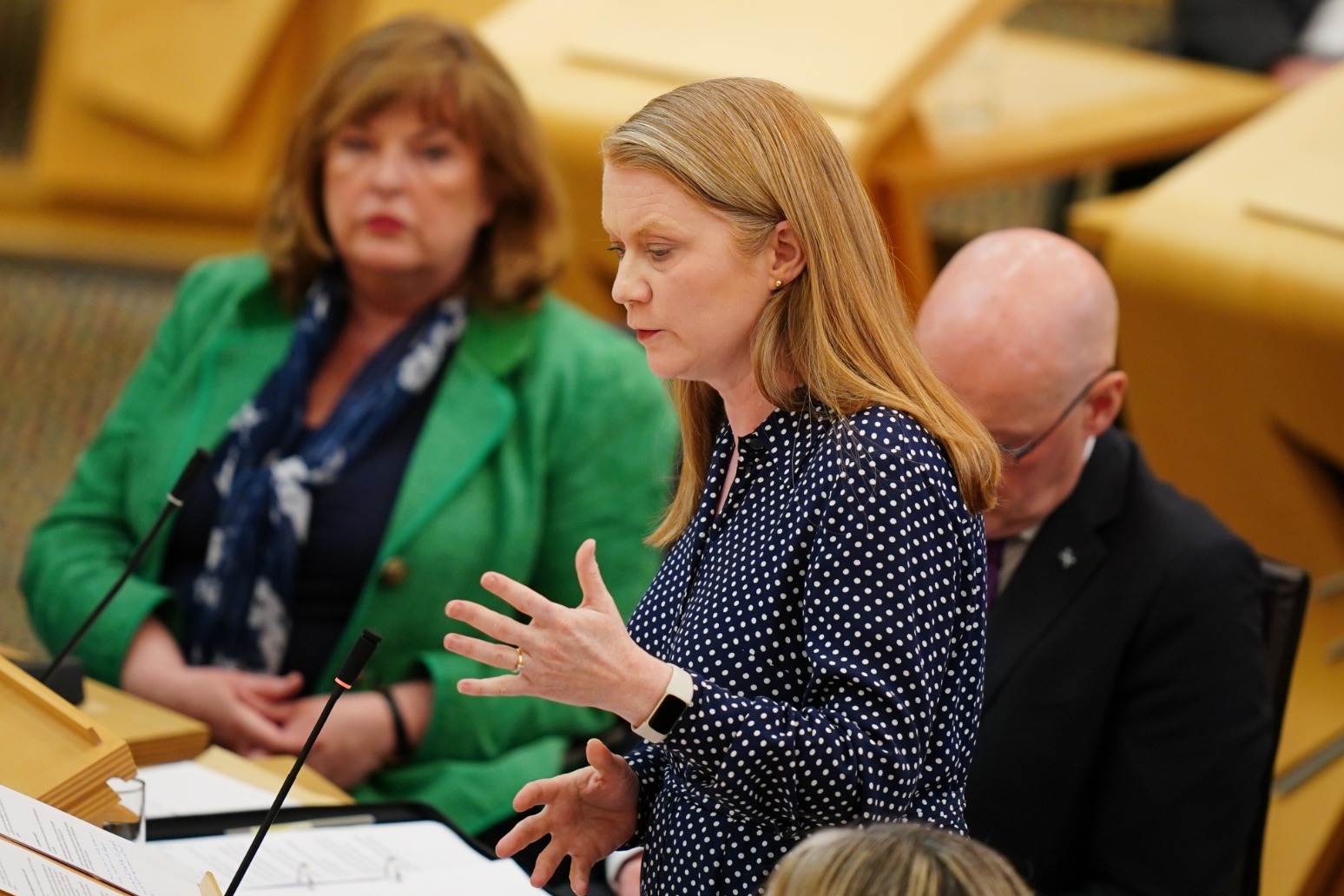
Nurses are “living in poverty” and many are leaving the profession because “they can no longer afford to stay in it”, the Royal College of Nursing (RCN) has said as it called on the Government to reopen talks about pay.
Pat Cullen, chief executive and general secretary of the RCN, said the Government’s revised pay offer was rejected by nurses because it “isn’t sufficient to address those really critical issues”.
She urged ministers to prevent nurses from “going into the winter months on strike action again”.
Speaking ahead of the RCN’s annual congress in Brighton, Ms Cullen told Good Morning Britain: “We’ll hear many debates over the next week, just about the conditions that our nursing staff are working in – they are harrowing to listen to, it’s harrowing for our nurses, it’s harrowing for our patients.
“We need to address the absolute crisis that we’re in within the health service and the crisis that our nursing staff find themselves in.
“Our nurses, and we’ll hear from them this week, many of them (are) living in poverty and having to leave the profession simply because they can no longer afford to stay in it.
“We can’t continue on with this. So the 9% that has been given by the Government over the two years isn’t sufficient to address those really critical issues.
“And we need to do something urgently and that’s what our thousands of members are urging this Government to do.”
Meanwhile, Ms Cullen insisted that her position was not “confusing” for nurses on the ground.
She had initially urged members to accept the Government’s revised pay offer of 5% for this year and a one-off payment for last year.
Members of the union rejected the offer and the RCN is planning to ballot nurses to see whether they are prepared to stage further strikes.
Asked about remarks by Energy Secretary Grant Shapps, who said her stance was “confusing”, Ms Cullen told BBC Radio 4’s Today programme “No, it’s not confusing.
“Tens of thousands of my members voted to tell the Government their last offer was not good enough, that’s very clear.
“What was the offer? It was basically a consolidated 9% over a couple of years, and that’s a really important point. And we’re saying to government, let’s negotiate further and add to it.”
And she told Good Morning Britain: “I work with ruling council – our ruling council’s elected members, many of them frontline nurses – and we’ve been over this many times to say at that point in time in those negotiations, we took everything off the table that we could possibly get from the Government.
“Our members spoke loud and clear – one of the highest turnouts in the ballot so far – and they said ‘to us, it’s not enough, it will address short-term measures within the health service but it will not address the long-term challenges that we have got’.
“And I’m listening to them and they obviously have spoken up very loud, 300,000 of them, and they want to get back round the table with Government and reopen negotiations.
“That’s what I’m focused on.”
The RCN ballot is set to open on May 23.
Ms Cullen added: “That’s when the Royal College of Nursing will open that ballot and then our members will have their voice again.
“But we can stop that, we do not need to be going into the winter months on strike action again with our members.
“We actually should be able to resolve this now – get around the table and do it for nursing and do it for patients.”
At the conference in Brighton, members debated the issue of pay, with Karma McKeefery, nurse and RCN steward from the Lancashire East branch, saying members did not think the Government’s pay offer was final.
She said: “We should feel proud that it was our historic strike action in the numbers we had that eventually forced the Government talks leading to the slightly improved final offer.
“Our members do not agree that this is the final offer. Once the lump sum they tempted us with has gone directly to the energy companies, what we are left with still amounts to a pay cut and will do nothing to aid recruitment and retention of nursing staff.”
She said a “proper restorative pay rise will pay for itself as recruitment and retention of nurses into the NHS would save the billions of pounds spent each year on expensive agency nursing fees”.
She added: “We will ballot again and get a fresh mandate for strike action and we will win.
“The Government’s anti-strike legislation is designed to make it as difficult as possible to fight back but we we will show them that we can overcome this….
“Let’s make the voice of nursing even louder this time. It’s time for us to stand up for ourselves as a profession. Stand up for our patients and our precious NHS.”
Anna Pichierri, a healthcare assistant from south-west London, who works in child and adolescent mental health, said the “NHS strikes are part of a social and political struggle” against “this Tory racist and anti-working class Government”.
She added: “We are not striking to get back to the negotiating table. We are striking to win.
“We cannot call off the action just because we are called to negotiation. That’s when we need to keep the pressure up.”
She said nurses should be striking with other unions such as the British Medical Association, adding: “There shouldn’t be any competition. This is what this Government wants – divide and rule to undermine our fight.”
Lyndsey Curtis-Dawson, an emergency department staff nurse from the north of England, told the conference: “RCN we all need to use our voices and our vote and make them count.
“Rishi Sunak, and you’re listening? We aren’t going away. This is not the end of the nursing strike.”
Jason Warriner, from the RCN’s public health forum, added: “Get out there, get voting. We’ve got to bring this Government down and get a fresher vote, not just around pay, but about safe staffing, and why we are here as nursing – for our patients, and fight for the best for our patients.”
Published: by Radio NewsHub














